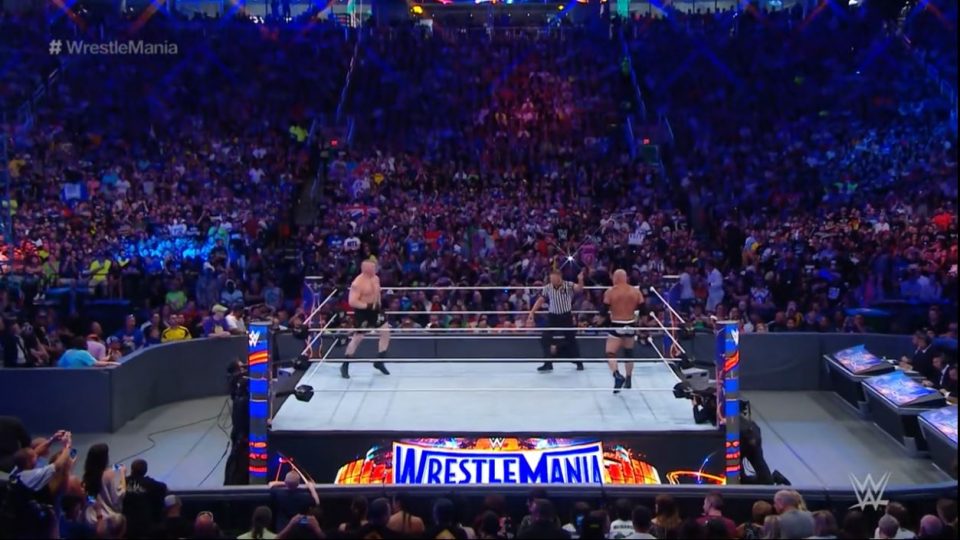/cloudfront-us-east-1.images.arcpublishing.com/tgam/QL3GXX5RD5J7FMKRMXHJFBROFQ.JPG)
England manager Gareth Southgate and Harry Kane during a press conference in London, Britain, June 28, 2021.
HANDOUT/Reuters
It was 4 a.m. or thereabouts in Berlin. A bunch of us were waiting for taxis outside the Hauptbahnhof, the central train station. We’d endured a long, slow journey from Gelsenkirchen, where England went out of the World Cup 3-1 on penalties after their quarter-final with Portugal ended 0-0. On the train, there was no beer or liquor for sale; you just didn’t invite England fans to get drunk.
Beside me in the lineup was a twentysomething English guy and his girlfriend, both in distinctive England shirts. Out of nowhere, along came three very drunk young German youths. One went directly to the English chap beside me, arranged his face into a sneer and sang, “England’s going home again, England’s going home!” The English guy calmly took in his tormentor; the swaying gait, the beery breath and, after a pause, quietly said, “All right Otto, have your fun. Nighty-night now.” The German youth left, propped up by his friends. The English guy turned to me and said, “I quite like Germany, actually.”
He could have meant the country or the German team. More likely the country. In the long history of great hatred between England and Germany in soccer, there’s less intensity now, but there’s still an edgy atmosphere. “Two World Wars and one World Cup!” is a chant from England supporters and Brexit has made the chant unlikely to go out of style.
Opinion: The 21 best TV series to stream so far in 2021
England’s only World Cup trophy came after beating West Germany 4-2 in 1966. Much has changed since then – the Premier League is filled with players from many countries, including Germany. All the countries that England faces at tournaments are less foreign, less easy to demonize. But Germany still has demon status. Germany has won all four knockout matches between the teams since the 1966 World Cup final, including penalty-shootout triumphs at both the 1990 World Cup and Euro ’96, plus a 4-1 last-16 victory at the 2010 World Cup, considered controversial because a Frank Lampard shot should have been given as a goal, England supporters contend.
According to much of the English media, Tuesday’s match against Germany is key, is winnable and sets England on the road to the Euro 2020 final. After Germany, the pundits there say, England will beat Sweden in the quarter-final, beat Denmark in the semi-final and face France in the final match of the tournament. Bob’s your uncle.
First, of course, it has to beat Germany. Not an easy thing to do. To date at this Euro, England has achieved two 1-0 victories and a 0-0 draw. It’s possible that striker Harry Kane has contrived the cunning ruse of hiding his goal-scoring skills until they’re really needed against Germany, but it’s unlikely; he’s not that cunning. Manager Gareth Southgate has been accused of an overcautious approach, and rightly so. His use of England’s creative midfielder Jack Grealish has been cautious – he hasn’t started a match at this Euro.
Grealish epitomizes so much about England. The supporters love him for his dazzling runs and mischief-making. He’s a fan favourite because his mischief-making isn’t restricted to the soccer field. The Aston Villa player is a perambulating controversy Wmachine. He was banned from driving for nine months and fined $140,000 after crashing his Range Rover into two parked cars last March during the COVID-19 lockdown. In 2015, he was photographed passed out in the street while on holiday in Spain. He’s a rascal and for some reason that inspires adoration in England.
As for Germany, it’s an unpredictable team, a blend of veterans and youth. There are familiar names, some you might think of as retired, including Thomas Muller and Toni Kroos, but Robin Gosens provides a constant threat. The unheralded Gosens destroyed Portugal in that group-stage match, creating two goals, scoring another and encapsulating that winning mentality that Germany famously embraces in tournaments.
The match taking place at Wembley Stadium in London, with 40,000 fans allowed, might be thought to give England an advantage, but in a tournament played hither and thither across European cities, Germany is unlikely to be fazed. Southgate has urged caution, as is his wont. At a weekend press conference, he said, “We’re playing against a very good side. You hear about Germany being this and Germany being that and then you look at the team sheet and see four World Cup winners and about six Champions League winners,”
One thing that’s changed in the great rivalry is the reduced role of the English tabloid press. Until a few years ago, England’s players soaked up a lot of hype and near-hysterical jingoism about the importance of defeating Germany. The jingoism goes all the way back to 1966 when the Daily Mail pronounced, before the World Cup final, “Germany may beat us at our national sport today, but that would be only fair. We beat them twice at theirs.” These days the players tend to read their Instagram feeds, not fevered anti-German propaganda.
Still, an England against Germany match never quite becomes untethered from its origins in ancient loathing. If Germany wins, and it probably will, they’ll be singing with special fervour in Berlin.
Plan your screen time with the weekly What to Watch newsletter. Sign up today.
Bitter history, special match: England facing Germany at Euro 2020 - The Globe and Mail
Read More

No comments:
Post a Comment